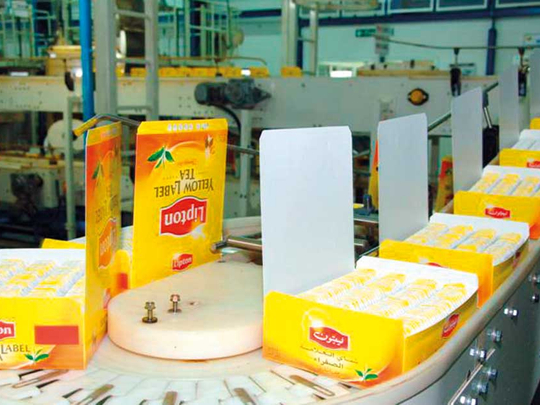
Dubai: The high spending advertisers are taking back full control over the how and the where of where their ads go. And ad agencies, media buyers and digital media platforms, especially the digital-facing ones, have been suitably warned.
“Advertisers must assume a commanding position ... the value chain starts from the owners of the brands,” said Asad Rehman, Media Director — MENA at Unilever, which is as big as it gets wherever advertising is involved. “There is a need for advertisers to take greater and direct control of certain aspects of the work.
“The objective of advertising and communication is to grow and strengthen the business. The process will be collaborative ... albeit a departure from existing ways of working.
“We need conversations on ownership of data and where that sits and should sit. There are certain types of data that are better placed within the control of advertisers.”
In recent months, there has been heightened tension between premier-league advertisers and digital/social media giants on a slew of issues. The nub of these concerns relates to whether advertisers are actually getting their dollar’s worth ... or to the extent that they have been promised.
This is where advertisers like Unilever want to see a course correction ... and they want that happening now. When a Unilever (with an annual global spend of $8 billion in 2016) and a P&G (which did $7.2 billion worth of it during the same period) demand change, the ad industry has to listen.
“The changes this time are significant and we are in for overhaul of the (ad) industry ways of working,” said Rehman. “We need to talk to them (consumers) in real time, and we need to personalise our messages more and more.
“The one-size-fits-all communication models are already obsolete. At the same time, cost of production has come down dramatically. The industry has so far struggled at providing a model that addresses these realities.
“You will see an increased trend of advertisers taking greater control of content and to certain extent creation of advertising and communication.”
And Unilever has been walking the talk about creating some of the content in-house, through global initiatives such as Unilever Studios and Unilever Entertainment.
“In Mena [Middle East and North Africa], our brands like Lux, Dove, Sunsilk, OMO and Lipton are regular producers of content, working with a spectrum of creators,” said Rehman. “These content creators include various influencers on platforms like YouTube and Instagram to full form content creators like “The Voice” on MBC.
“There are concerns on industry standards and measurement of media in both digital and traditional. Issues such as “viewability” in digital media, standard cross-media reach and “audience measurement” in both TV and digital are topics that have not been addressed because the value chain has continued undisrupted.
“The need for businesses to be more efficient in sluggish economic conditions is obvious. That will drive the industry conversations around these topics naturally. We have no choice but to work together to create value.”
Recently, P&G was reported as planning to trim as much as $2 billion off its annual ad spend globally over a five-year period.
Rehman said Unilever was not necessarily planning something along those lines. “We don’t see major reworking — but we are seeking simplification in how we are working with agencies,” he added.
“On the creative side, our ambition is to have less agencies focusing on bigger and bolder initiatives as opposed to multiple agencies doing bits and bobs here and there. While the intention is to not necessarily look at in-house agencies, the course to be close to certain aspects of the work is evident.”
Would it necessarily mean a change in how it deals with a Google or Facebook? Would it mean constant tension in how these relations are managed?
“No, that’s not true. Better returns are a function of value creation and not just cost cutting.
“It is not just digital giants and advertisers who are demanding better returns. Agency networks are too, and so are traditional media and broadcasters.
“Our current allocation to digital is well above the industry average. I probably would not dramatically change “where” the ad dollars are spent, but I would like to see some clear advancements in the “how”. We need flexible working models, simplicity and coherence in how media data is presented and reported in both traditional and digital media. And a more coordinated dialogue in the industry around the topic of measurement.
“Better returns are about investing in the right places, and cutting losses in areas that don’t yield returns. We all know that the traditional value creation models are being challenged.
“So, I think we should all be re-considering our approach — not just advertisers and digital giants.”











